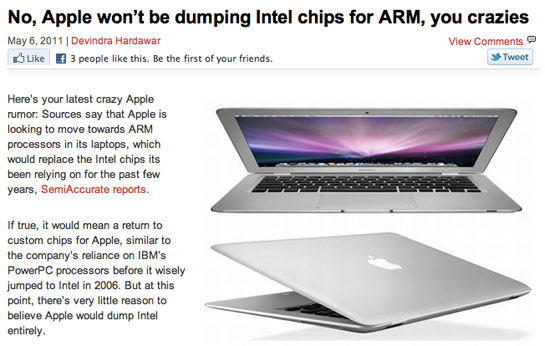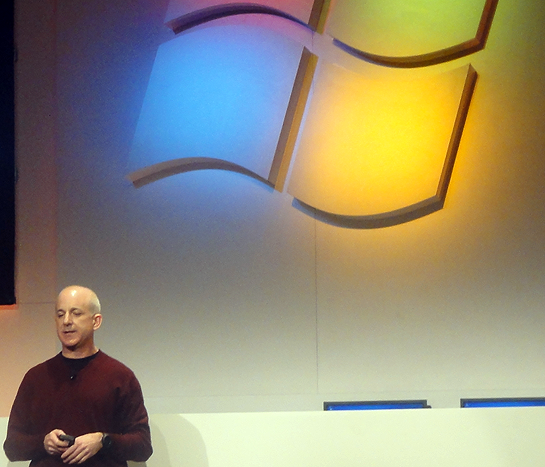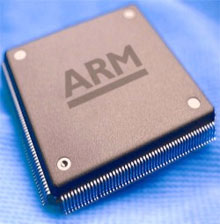There is a lot of speculation about what the agreement announced today between chip designer ARM and Microsoft actually means. Some pundits predict that it is a signal that Microsoft intends to deliver Windows or Windows Phone OS tablet and slate devices, while others foresee an overdue overhaul of the Xbox’s architecture.
I’m keen on the idea of a tablet based upon Windows Phone 7. For too long, Microsoft has relied upon grafting Windows onto smaller form factors: “Oh wow, a stylus.” The success of Apple’s less feature-rich iPad proves that it was the wrong approach. Customers want an operating envrionment that works well for their devices, meaning it should be designed with the device in mind. A tablet-friendly version of Windows Phone 7 would fit the bill.
Microsoft very boldly hit the reset button and abandoned all elements of Windows with the Windows Phone OS’s “Metro” interface. I’ve used it, and like it very much. Metro was compelling enough that I was tempted to see whether I would actually give up my iPhone if I started to a use Windows Phone powered device.
If Microsoft focuses on Windows Embedded Compact instead of Windows Phone, it will be making a big, big mistake. It’s time for a consistent and quality mobile experience from Microsoft. That means apps that work across devices and an interface that works. Windows Phone uses SIlverlight; those apps should work on Windows tablets with little adjustment on the part of developers.
The glaringly obvious problem with that scenario is that I can buy an iPhone today, and Windows Phone 7 is still many months away from production. Let’s hope Microsoft learns from past mistakes,. I just hope it’s not too late .



 Numerous news sources are reporting that Microsoft plans to demo a version of Windows that runs on low-power ARM chips–rather than the x86 processors that Windows has been (mostly) synonymous with since its inception–at CES next month. Here are reports from
Numerous news sources are reporting that Microsoft plans to demo a version of Windows that runs on low-power ARM chips–rather than the x86 processors that Windows has been (mostly) synonymous with since its inception–at CES next month. Here are reports from